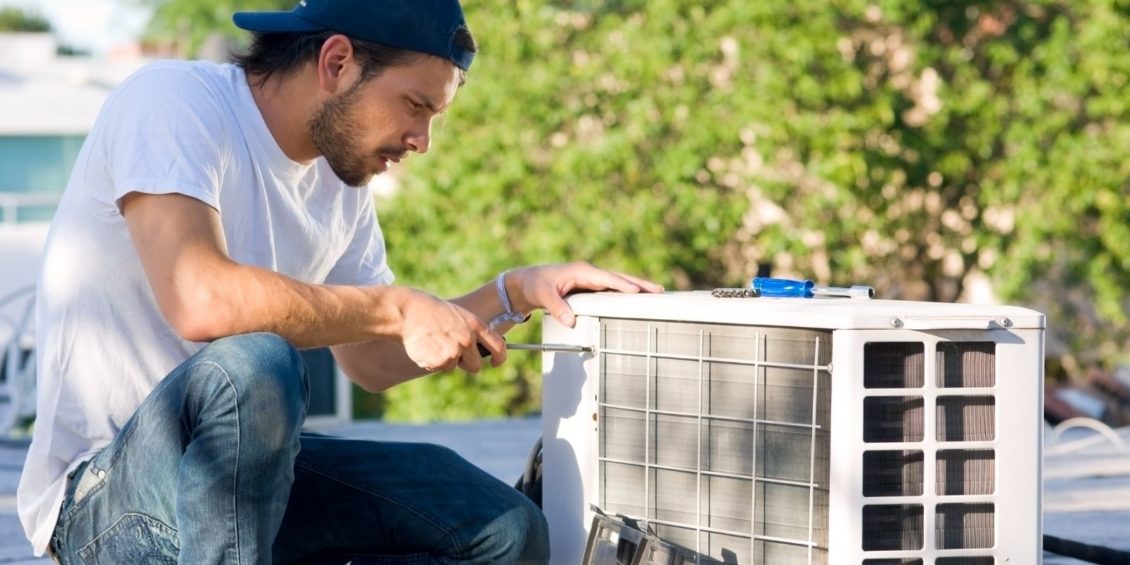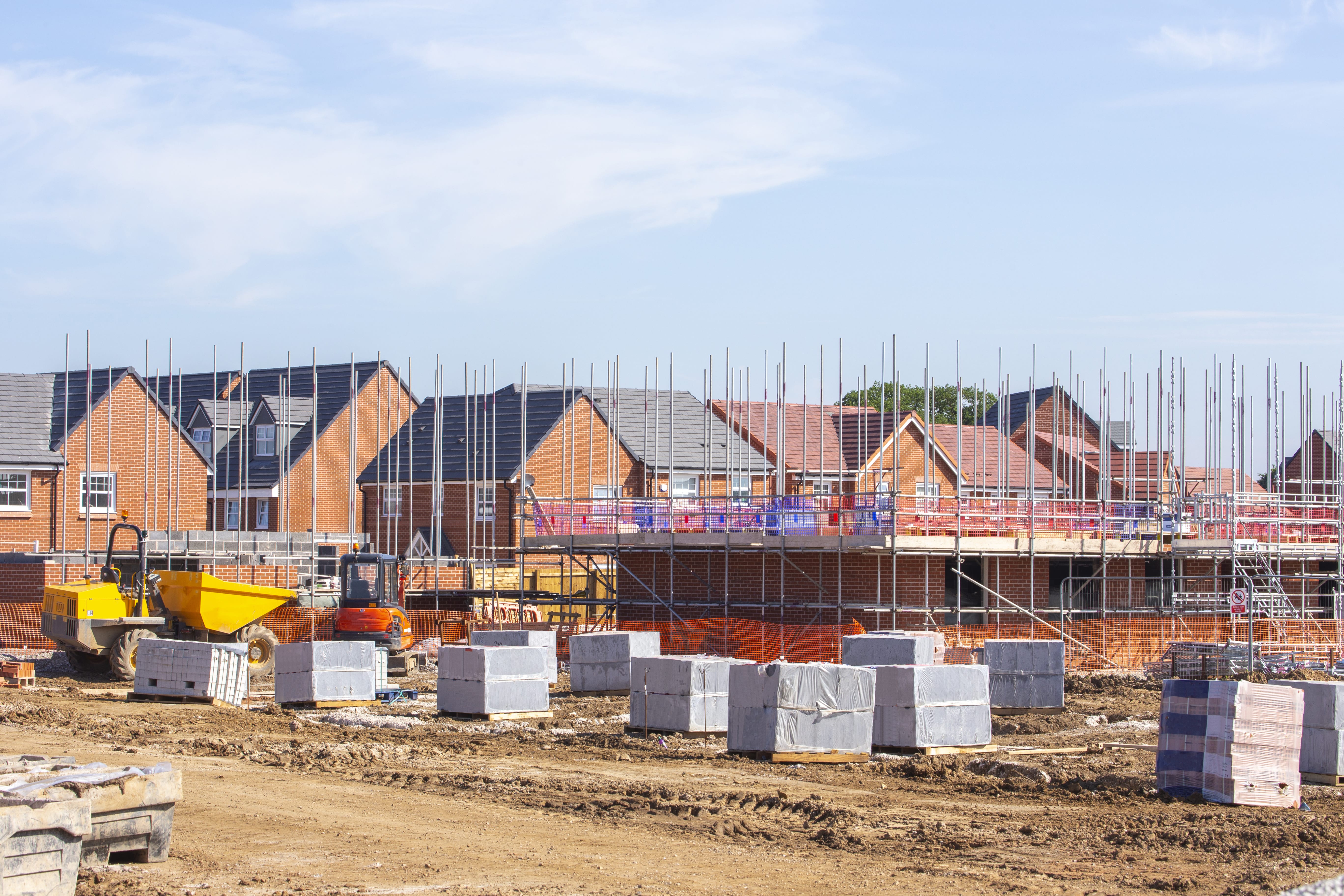As homeowners face record breaking energy costs, consideration of any opportunity to move away from traditional gas and electric are becoming increasingly researched.
Following the last hike in the domestic energy price cap in April, household energy bills are set to cost around £2,000 per year and that’s before another price increase due in the Autumn.
In May the Government launched a new grant scheme, offering homeowners £5,000 towards the costs of replacing their gas boilers with heat pumps, as part of a package of measures to reduce the UK’s greenhouse gas emissions.
We will briefly cover what heat pumps are, the factors to consider if a pump would be suitable for your property, as well as exploring whether the new grant scheme is enough to incentivise homeowners to switch to heat pumps or if there are still too many questions regarding green energy for this to be a viable option as of yet.
What is a Heat Pump?
A heat pump is a green energy heating solution that extracts heat from either the air, ground or water and warms it to the desired temperature using a compressor and either a special liquid or gas refrigerant.
The heat pump is connected to the property’s heating or hot water system in order to distribute the warm air around the property.
The cost of heat pumps varies depending on the type of pump, the size of the heat pump system required for the household demands as well as the installation costs. Typically, prices range between £6,000 to £45,000.
What Type of Heat Pumps are Included in the New Boiler Upgrade Government Scheme?
There following types of heat pumps are eligible for the new scheme, up to 45kW:
- An air source heat pump
- A ground source heat pump
- A water source heat pump
- Biomass boilers (within rural areas)
Who is Eligible for the New Boiler Upgrade Government Scheme?
Existing privately owned domestic and non-domestic properties within England and Wales may be eligible for the new boiler upgrade scheme, however another criterion is that the property must also have an Energy Performance Certificate (EPC) (issued within the last ten years), without outstanding insulation recommendations.
The insulation levels required for qualification to the scheme depend on the property type for example, solid walled homes may not be suitable.
It’s also worth bearing in mind that ECO grants are still available to those eligible. This is boiler grant to help with the cost of a new boiler.
Is It Worth Replacing a Gas Boiler with a Heat Pump?
Unfortunately, there is not a simple answer as to whether your property will benefit from a heat pump as there are many factors to consider including the property’s suitability, household energy demand and lifestyle factors.
Let’s first cover property suitability. Properties need to be as insulated as possible in order to benefit from a heat pump, as often heat pump systems are not efficient enough to provide sufficient heat if there is heat is escaping.
An EPC report will confirm if the property has enough insulation to consider a heat pump.
Next, the ownership and available space should be considered. The external space around property would need to be owned in order for a property to be suitable, therefore often flats or apartments are often not suitable.
An air source heat pump for example usually requires a 1 metre by 1 mere box to be situated outside the property.
Homeowners should check the deeds of the property to be sure of the property boundaries for space requirements when discussing the installation with a provider. Whereas ground source heat pumps would require large outside space to accommodate the system.
Furthermore, planning permission is sometimes required before installation, and therefore this process would need to be investigated also.
In addition to the external space requirements, heat pump systems also require an internal pump unit and a hot water cylinder.
The size of both elements depends on the household energy demand and lifestyle factors, however further advice can be sought from a qualified heating engineer.
Lastly, the current heating system in situ within the property will also be a consideration as to which type of heat pump would be suitable. Heat pumps are available in two temperature ranges; low and high and the suitability will depend on the heating system already fitted in your home as follows:
- Central Heating – Central Heating systems usually require high temperatures to operate effectively, distributing heat around the property and therefore a high temperature heat pump will be required when replacing a gas boiler.
- Underfloor Heating – Underfloor heating systems can often be supported by a low temperature heat pump as this type of heating is designed to cover a large area at lower temperatures.
Will Heat Pumps be Cheaper to Run Than Gas Boilers?
Once the high purchase and installation costs of heat pumps are overcome (potentially partially by the government grant), the running costs are cost effective as heat pumps are usually three times more efficient than gas boilers.
As Energy Guide highlights, it is estimated that per kilowatt of energy produced, 25% is generated by electricity and 75% comes from the air or ground heat. Despite electricity being more expensive per kilowatt than gas, the overall efficiency of heat pumps results in cheaper running costs compared to gas boilers.
In addition, there are less maintenance costs for heat pump system compared with gas boilers as annual services are not required for safety purposes.
Is replacing your gas boiler worth it?
We have been analysing the considerations that determine whether a heat pump is suitable for your home including: the space requirements, ownership of land and the current heating system in place.
If your home is suitable for a heat pump, there can be both eco-friendly benefits as well as reduced running costs from installing a heat pump.
Furthermore, there are also increased safety benefits and longer life span from heat pump solutions compared with traditional gas boilers.
However, before committing please request a property survey and obtain tailored quotes for the desired type of heat pump installation, using a reputable company with recent reviews for expert advice.









Leave a Reply
View Comments